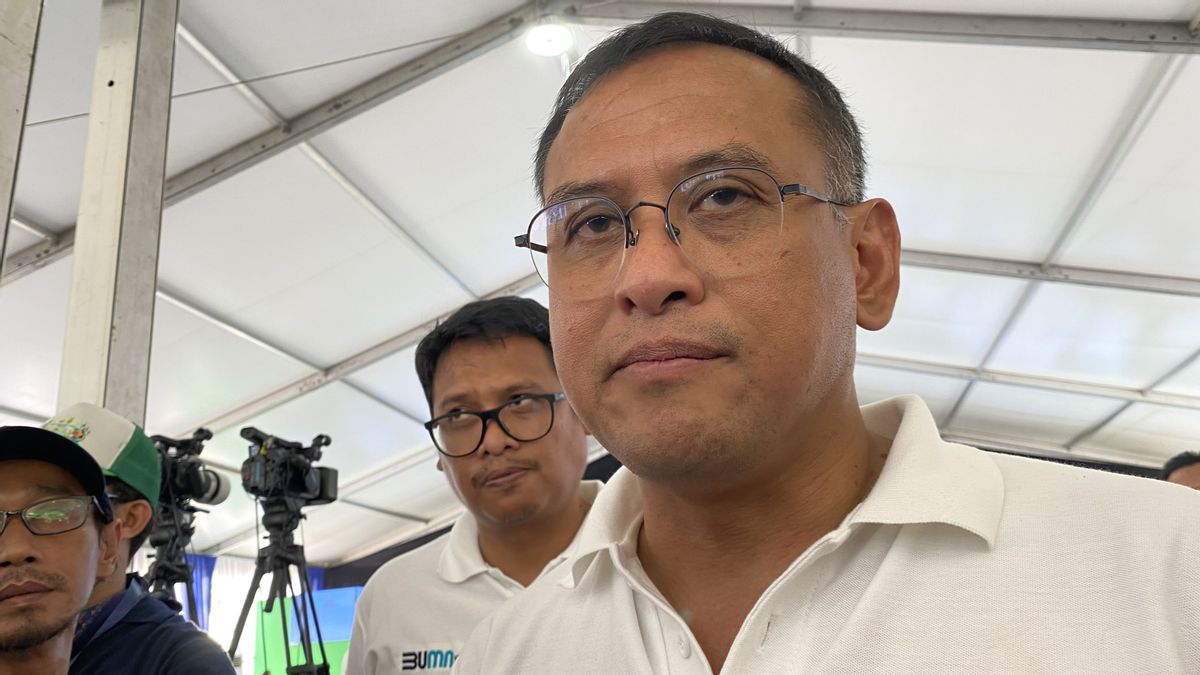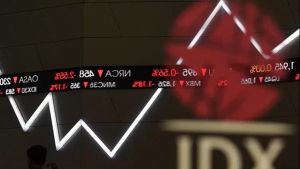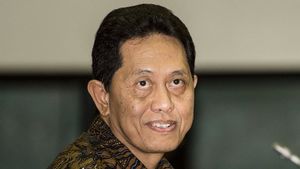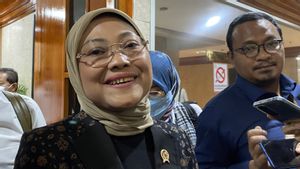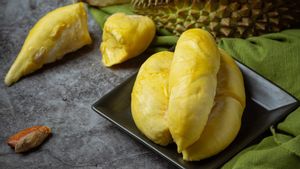KARAWANG - PT Pupuk Indonesia (Persero) through its subsidiary PT Pupuk Kalimantan Timur is ready to start the construction of a urea fertilizer factory in Fakfak Regency, West Papua at the end of November.
President Director of PT Pupuk Indonesia, Rahmad Pribadi said this factory will be the first in Eastern Indonesia. Later, this factory will supply fertilizer needs for agricultural areas in the Papua region.
Furthermore, Rahmad said Indonesia last built a fertilizer industry in 1982. This means that there has been no new fertilizer industry development for more than 40 years.
"(The construction of the factory) has started in 1958, then 1972, and continues to stop building in 1982. Alhamdulillah, the government is now building a new fertilizer cluster," said Rahmad after attending the Jambore Makmur event at PT Pupuk Kujang, Karawang Regency, West Java, Saturday, November 11.
"This is after more than 40 years of no new fertilizer industry development, we will start this year building new clusters in West Papua," he continued.
Rahmad said the groundbreaking or groundbreaking for the urea fertilizer factory construction project in Fakfak Regency, West Papua would be carried out directly by President Joko Widodo (Jokowi).
"We will build another factory in West Papua, God willing, the groundbreaking will be inaugurated by the President on November 24, 2023," said Rahmad.
VOIR éGALEMENT:
Starting Production In 2028
Rahmad said, the urea fertilizer factory in West Papua is targeted to start production in 2028. Where, one of the investors is Pupuk Indonesia itself.
"The market share is of course if we are the main thing for domesticism. And indeed the land in Eastern Indonesia is very fertile," said Rahmad.
Furthermore, Rahmad said that in the early stages, the factory produced urea fertilizer. After that, only produce NPK fertilizer.
"Urea first, later after urea there will be raw materials for NPK," he said.
The urea fertilizer production capacity at the PKT factory is targeted to reach 3,500 tons per day, or 1.2 million tons per year.
"Hopefully the food self-sufficiency that we have seen in the old period in the 80s will soon be achieved because there is a new factory (pupuk)," he said.
The English, Chinese, Japanese, Arabic, and French versions are automatically generated by the AI. So there may still be inaccuracies in translating, please always see Indonesian as our main language. (system supported by DigitalSiber.id)
